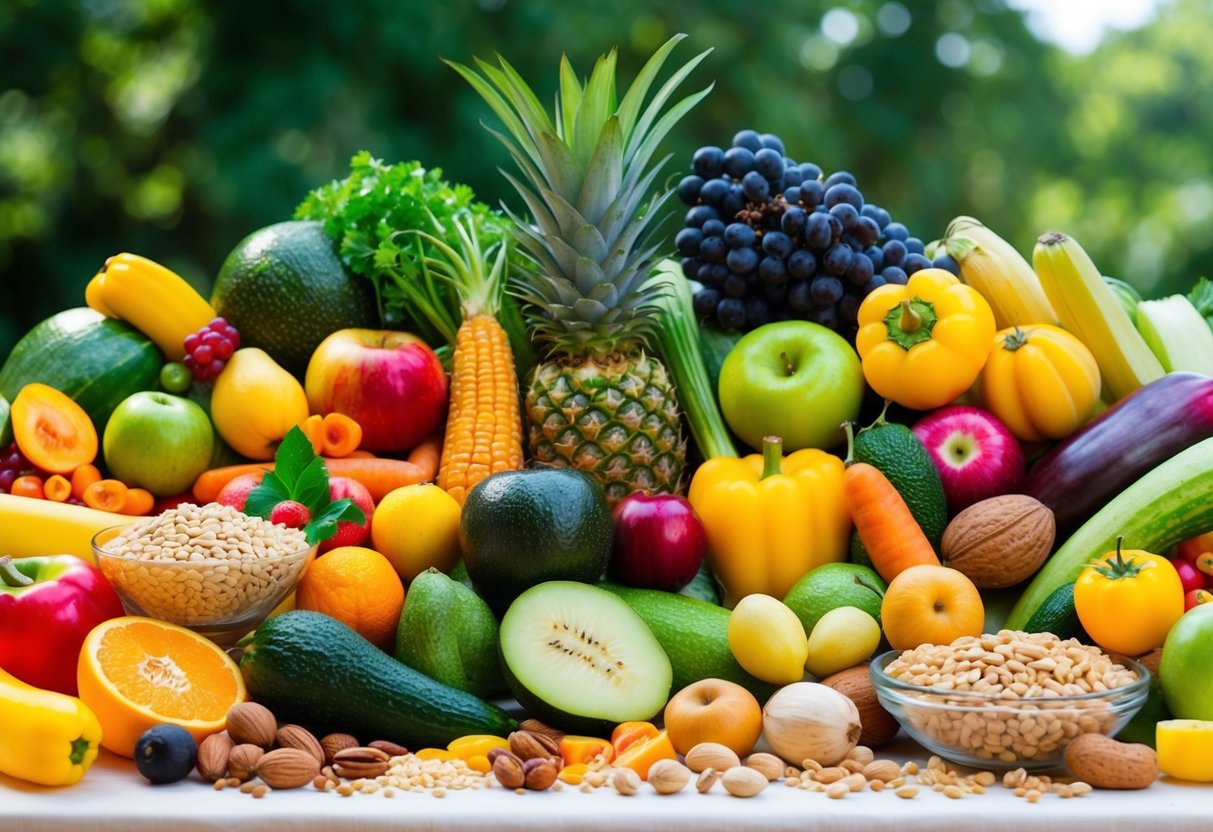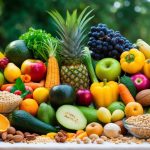
Addressing Fatigue Through Diet
To combat fatigue and energize the body, focusing on specific foods and dietary adjustments can be beneficial. Certain foods provide nutrients that aid in energy production while others support better sleep, reducing fatigue effectively.
Foods to Fight Fatigue
Incorporating nutrient-dense foods can be a significant step toward reducing fatigue. Complex carbohydrates, such as whole grains, release energy slowly, keeping energy levels stable. Foods rich in iron, like lean meats, spinach, and lentils, help carry oxygen to muscles and organs. Including omega-3 fatty acids found in salmon and flaxseeds can improve brain function, helping maintain alertness.
Vitamin C-rich foods, such as oranges and strawberries, enhance iron absorption, boosting energy further. Staying hydrated is crucial; water supports blood flow and energy transport. Caffeine from green tea or coffee acts as a quick energy booster. However, moderation is key to avoid dependency or interference with sleep.
Dietary Adjustments for Better Sleep
Adequate sleep is vital for feeling energized, and certain dietary adjustments can improve sleep quality. Consuming tryptophan-rich foods like turkey and nuts can promote better sleep by increasing serotonin, a precursor to the sleep hormone melatonin. Limitations on caffeine and heavy meals before bed are important to prevent sleep disturbances.
Magnesium-rich foods, such as almonds and spinach, help relax the body, encouraging deeper sleep. Herbal teas like chamomile can enhance relaxation. For dinner, incorporating complex carbohydrates can help by increasing the availability of tryptophan. Reducing sugar intake aids in avoiding spikes and crashes in energy levels, which supports more consistent sleep patterns.
Antioxidants: Fruits and Vegetables
Incorporating antioxidant-rich fruits and vegetables into your diet can significantly boost energy levels and promote overall health. Some of the most potent sources of antioxidants include berries, citrus fruits, and dark leafy greens.
Berries, Citrus, and Leafy Greens
Berries like strawberries, blueberries, and raspberries are packed with antioxidants. These fruits contain compounds such as anthocyanins, which help fight oxidative stress and inflammation. Blueberries are especially noted for their high antioxidant content and are often considered a superfood.
Citrus fruits, including oranges, lemons, and grapefruits, are rich in vitamin C. This vitamin is a powerful antioxidant that aids in protecting the body’s cells from damage. Consuming citrus fruits regularly can enhance the immune system and improve overall energy levels.
Dark leafy greens, such as spinach and kale, are filled with antioxidants, including vitamins C and E. They are excellent for supporting cellular health and can be easily added to various dishes. Including a variety of these fruits and vegetables in your meals can ensure a robust intake of antioxidants.
Maximizing Antioxidants in Daily Meals
To maximize antioxidant intake, it is important to eat a diverse range of fruits and vegetables. Freshness plays a role, so opting for fresh produce is recommended. Incorporating berries into breakfast, such as adding them to yogurt or oatmeal, provides an antioxidant boost to start the day.
Including a side salad with dark leafy greens during lunch or dinner enhances nutrient intake. Citrus fruits can be enjoyed as snacks or used to infuse water, adding a refreshing twist. Preparing meals with a colorful array of produce not only increases antioxidants but also improves the flavor and appeal of dishes. Eating a variety of fruits and vegetables allows for a wide range of nutrients that work together to support energy levels and health.



